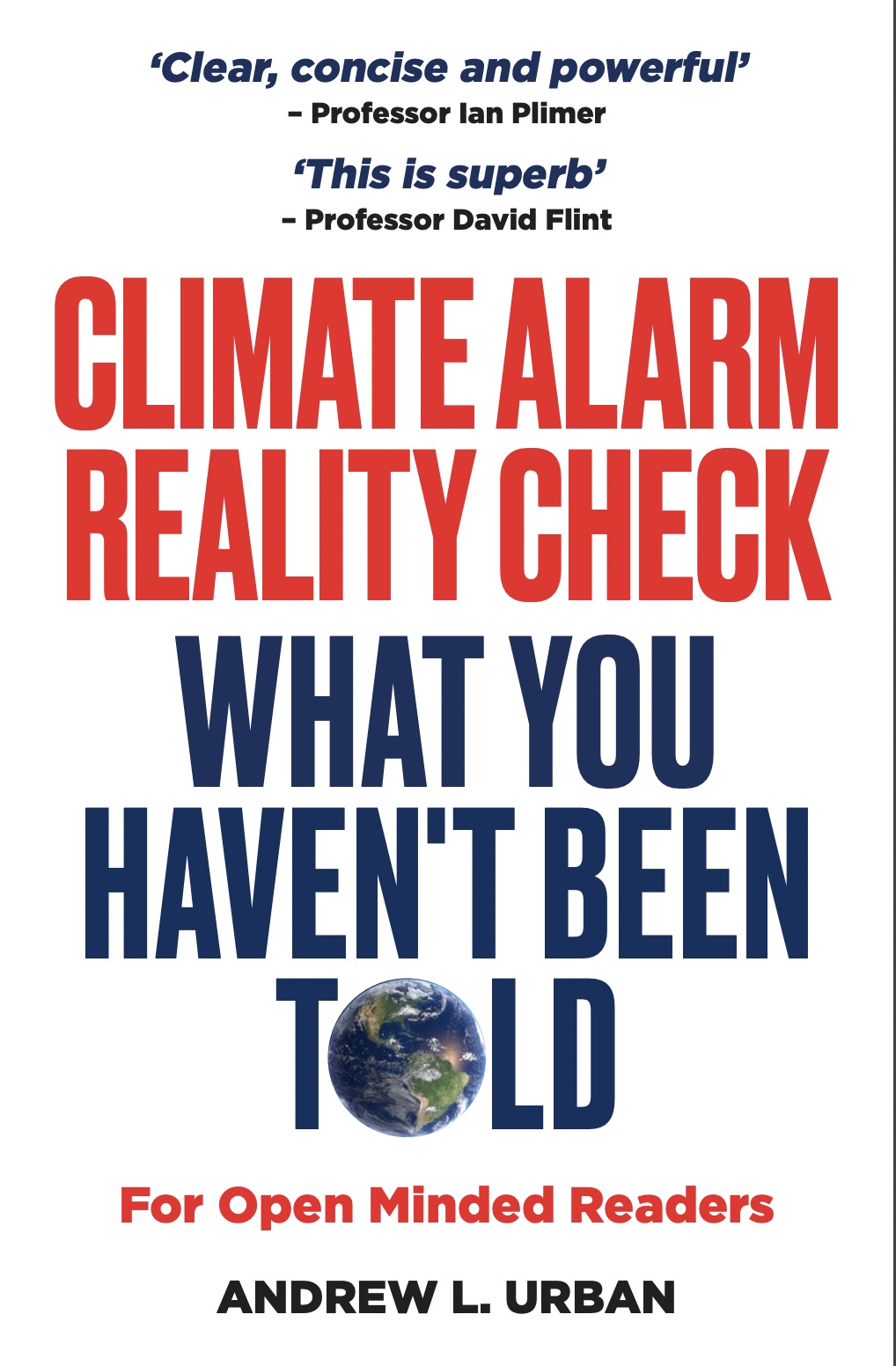by Dr Javier Vinós & Andy May
The following are extracts from the paper The Sun-Climate Effect: The Winter Gatekeeper Hypothesis (part V), as published in Judith Curry’s Climate Etc, published on August 28, 2022.
The 1990s discovery of multidecadal variability (see Part IV) showed that the science of climate change is very immature. The answer to what was causing the observed warming was provided before the proper questions were asked. Once the answer was announced, questions were no longer welcome. Michael Mann said of a sceptical Judith Curry: “I don’t know what she thinks she’s doing, but it’s not helping the cause, or her professional credibility” (Mann 2008).
But as Peter Medawar (1979) stated, “the intensity of a conviction that a hypothesis is true has no bearing over whether it is true or not.”# Scientists’ opinions do not constitute science, and a scientific consensus is nothing more than a collective opinion based on group-thinking. When doubting a scientific consensus (“just like you’re supposed to doubt,” as Richard Feynman said (1981]) becomes unwelcome, the collective opinion becomes dogma, and dogma is clearly not science.
Lennart Bengtsson, former director of the Max Planck Institute of Meteorology, winner of the Descartes Prize and a WMO prize for ground-breaking research put it succinctly after agreeing to participate in a sceptical organization headed by Nigel Lawson, a member of the House of Lords and former Chancellor of the Exchequer:
“I had not [been] expecting such an enormous world-wide pressure put at me from a community that I have been close to all my active life. Colleagues are withdrawing their support, other colleagues are withdrawing from joint authorship etc. I see no limit and end to what will happen. It is a situation that reminds me about the time of McCarthy. I would never have expected anything similar in such an originally peaceful community as meteorology. Apparently, it has been transformed in recent years” (von Storch 2014).
dogged by dogma
This is the effect that dogmas have on scientists, normal scientific research becomes impossible by introducing a strong group-bias against questioning the dogma.
Once dogmas are established, they tend to evade scientific scrutiny. The main dogma of climate change science is stated in the Fifth Assessment Report (AR5) of the Intergovernmental Panel on Climate Change as:
“It is extremely likely that more than half of the observed increase in global average surface temperature from 1951 to 2010 was caused by the anthropogenic increase in GHG concentrations and other anthropogenic forcings together. The best estimate of the human-induced contribution to warming is similar to the observed warming over this period (Figure SPM.3)”(IPCC 2014).
However, there is no evidence confirming this dogma. It is based on computer model results that were programmed with the same assumptions that emerge from them, in a clear case of circular reasoning.
high on hubris
Such is the hubris of modern climate theory supporters that they believe we understand how climate changes well enough to make reliable projections 75 years into the future.
***
From Andy May’s book Climate Catastrophe! Science or Science Fiction?” (American Freedom Publications):
“Science is rooted in observations. If we make a prediction that is later verified with measurements, we have a proper scientific theory. A prediction, no matter how elaborately it was made or documented, that is not verified with data and observations is science fiction.”
“99.9 percent of the Earth’s surface heat capacity is in the oceans and less than 0.1 percent is in the atmosphere. Further, CO2 is only 0.04 percent of the atmosphere. It beggars belief that a trace gas (CO2), in an atmosphere that itself contains only a trace amount of the total thermal energy on the surface of the Earth, can control the climate of the Earth. This is not the tail wagging the dog, this is a flea on the tail of the dog wagging the dog.”
# Or as Mark Twain remarked, “It’s not what you don’t know that gets you into trouble it’s what you know for sure that just ain’t so.”
Dr. Javier Vinós, is a biosciences researcher; Andy May is a petrophysicist
COMING SOON – A decade of research in the making ….

